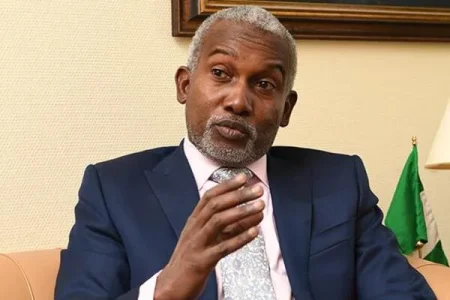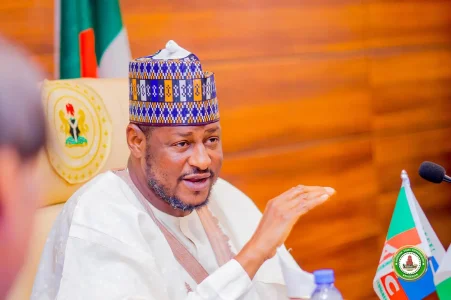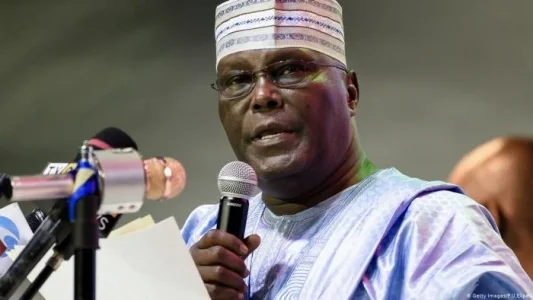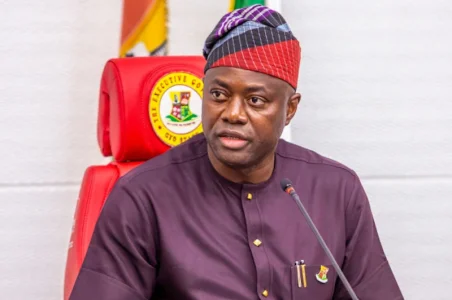
The Nigerian government has warned against foreign interference in the ongoing #EndBadGovernance protests, emphasizing national sovereignty and potential consequences for external entities. addressed the Diplomatic Corps, stressing Nigeria's right to manage internal affairs without outside meddling. The warning has elicited varied reactions online.
In a surprising turn of events, the Nigerian government has issued a stern warning against potential foreign interference in the ongoing #EndBadGovernance protests sweeping the nation. The announcement, made by Foreign Affairs Minister Ambassador Yusuf Tuggar, has sent ripples through diplomatic circles and social media alike.
Speaking to members of the Diplomatic Corps in Abuja, Tuggar emphasized Nigeria's sovereignty and its right to address internal matters without external meddling. The minister's words carried a clear message: any foreign entity found supporting the protesters, directly or indirectly, would face consequences.
The government's stance has sparked a flurry of reactions online, with many Nigerians expressing a mix of amusement and disbelief.
Social media platforms buzzed with comments, some questioning the logic behind warning global powers like Russia, while others saw it as a desperate attempt to deflect from domestic issues."Una dey warn Russia??? This country suppose dey season film," quipped one Twitter user, capturing the sentiment of many who found the situation almost comical.
Despite the lighthearted reactions, the underlying tension remains palpable. The #EndBadGovernance movement continues to gain momentum, fueled by economic hardships and widespread discontent with government policies.
As Nigeria grapples with these internal challenges, the international community watches closely. The government's warning raises questions about the delicate balance between national sovereignty and global interconnectedness in an era of social media-driven protest movements.
For now, Nigerians continue to voice their grievances, while the government walks a tightrope between addressing domestic concerns and managing international relations.




